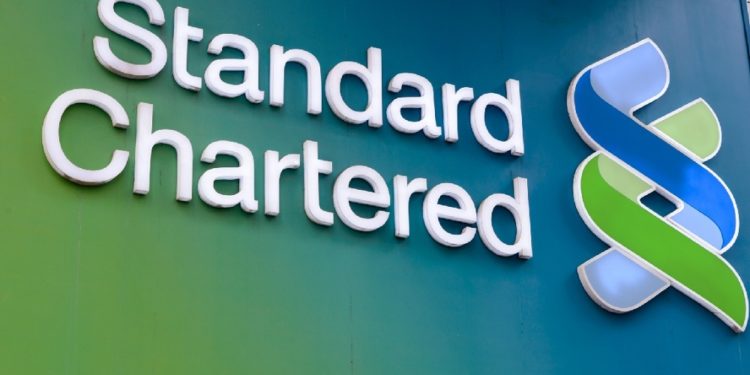The British lender Standard Chartered Bank has assured its Sierra Leone clients of a smooth transition to a new ownership as it plans to close its branch in the country.
The bank announced the plan on Thursday to close shop in seven countries in Africa and the Middle East. It says the move is part of its plan to “refocus and simplify its presence in the region.”
The other affected African countries are The Gambia, Cameroon, Angola and Zimbabwe. The bank is also leaving Jordan and Lebanon in the Middle East.
Standard Chartered says it is also cutting back consumer, private and business banking to focus on corporate, commercial and institutional banking in two other African countries – Ivory Coast and Tanzania.
“The Group remains focused on serving its clients where it can make the most impact,” the bank says in a statement announcing the decision, adding: “The Group will continue to serve corporate and institutional clients and facilitate cross-border capital flows and offshore business in all the above markets from its international network.”
Standard Chartered is one of UK’s largest banks, and it’s listed on the London Stock Exchange.
Founded in 1862, the bank was initially focused in Africa. Today it is present in 59 countries globally, 15 of them in Africa.
In Sierra Leone, Standard Chartered began operating in 1894, making it 128 years old in the country. It currently employs 151 people, comprising four different nationalities.
Besides its head office on Lightfoot Boston Street in the west end of Freetown, Standard Chartered has only one other branch at Cline Town in the east of the capital city. It has nine ATMs across the country.
With over Le20billion (US$1.6 million) on its balance sheet, as per data available on its website, the bank describes itself as a “strong [and] trusted partner” for its 15, 000 Sierra Leonean clients.
In a message sent to these customers via text on Thursday, the Bank assured of a safe transition to a new ownership.
Its Chief Executive for Nigeria and West Africa Cluster, Lamin Manjang, stressed on this in a press statement, describing the move to leave as a “tough decision.”
“We have served in Sierra Leone for 128 years and while we transition the Bank to new ownership, we are keen to ensure that the process is smooth for our clients, staff and other stakeholders,” Mr Manjang was quoted saying, adding: “This decision is not a reflection on the performance of the Bank in Sierra Leone or the macroeconomic situation of the country.
Manjang went on to assure that they will work closely with colleagues, clients and stakeholders to minimise disruption whilst they transition to new ownership.






















